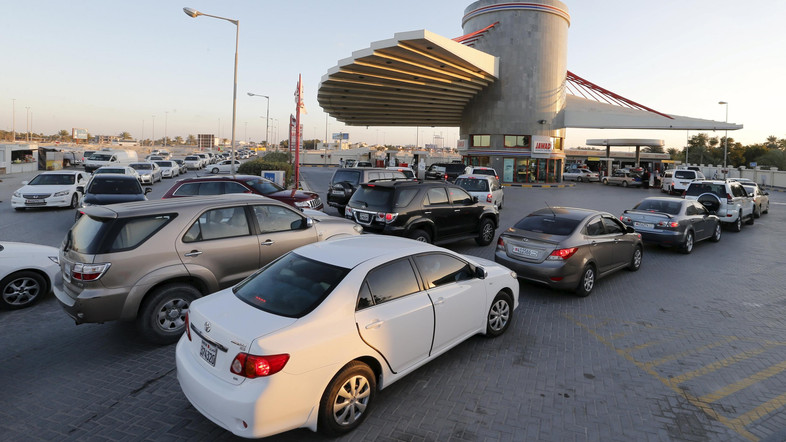Oman is one among several GCC states that has recently reduced state subsidies on gasoline in response to the decline in oil prices, which is at its lowest since 2003. Gasoline prices for both premium and regular fuel will increase by about a third and a fourth, respectively. Less general government spending is expected to result in less revenues and therefore less employment by companies that depend on government projects. Nasser Saidi, an economist for the GCC, recommended that besides deregulating fuel prices, the government should reorient spending in order to better develop the private sector. This may help alleviate future incidences of falling oil prices in a country where 75% of gross income comes from oil and gas revenues.
Strategies for developing the private sector and attracting investors could include productivity enhancing spending, building up the tourism, mining, and manufacturing sectors, and emphasizing how Oman is one of the safest countries in which to do business. In the meantime, however, Omani citizens will be living with greatly scaled back welfare benefits, as there will also be subsidy cuts on utilities, house loans, and other goods. Scaling back such benefits could undermine the traditional social compact in rentier states such as Oman, which scholars warn could pose “a real challenge to the stability of the monarchical regimes in the Gulf in the long term.”
Margaret Bailey is an Advocacy Intern at ADHRB.
Photo courtesy of Reuters.





